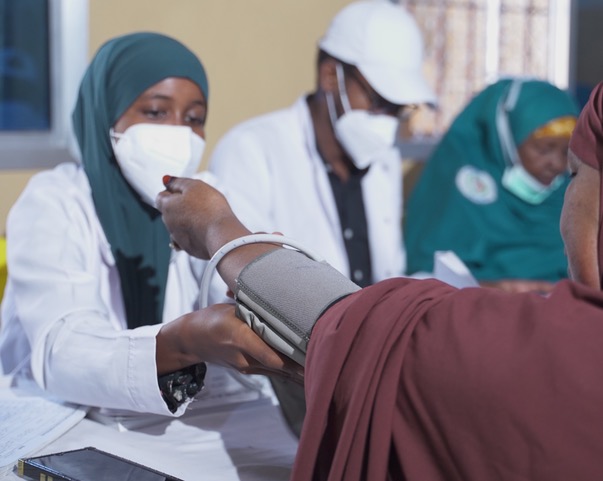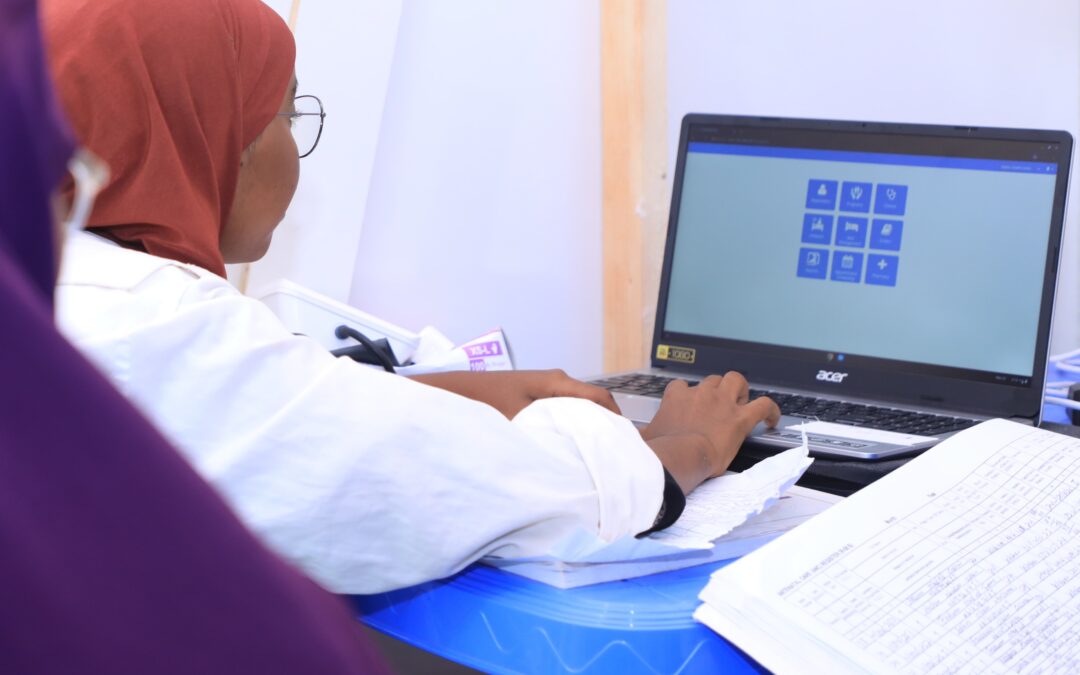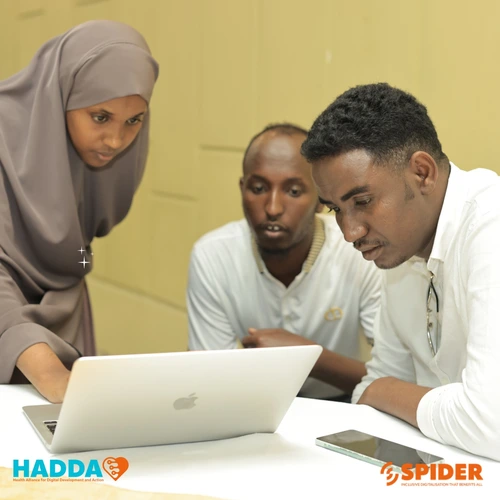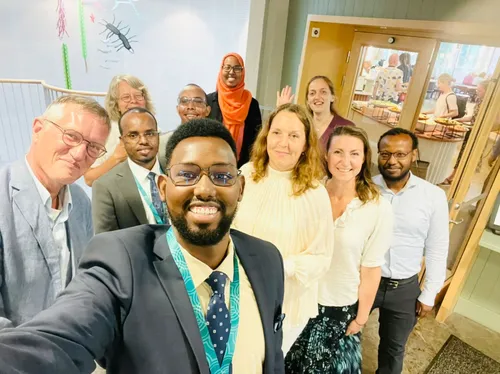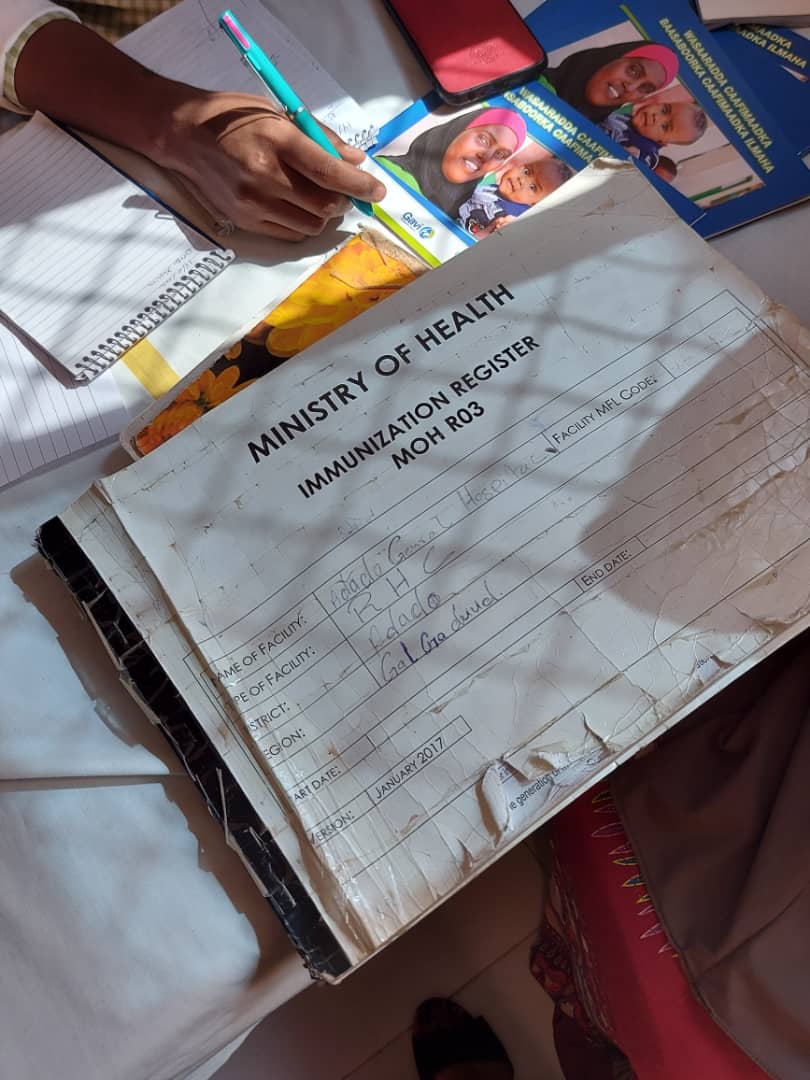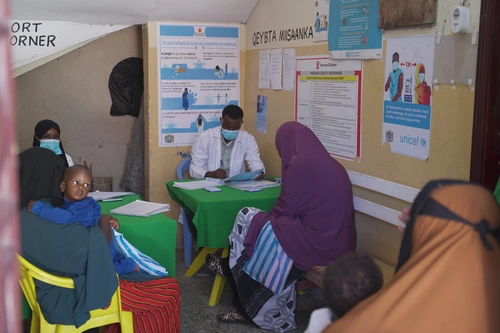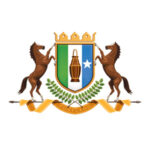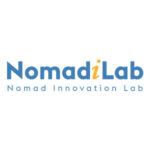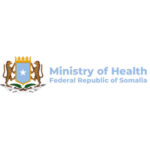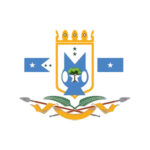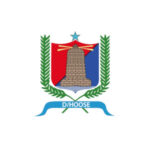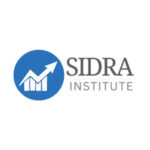
About HADDA
Started in 2020, Health Alliance for Digital Development and Action (HADDA) is a systems-level initiative strengthening Somalia’s healthcare through digital transformation, governance, and partnerships. Central to the project is the RAAD Electronic Health Record (EHR) system—an adapted, open-source solution for low-resource settings. Beyond technology, HADDA works with the Somali government to enhance leadership, align with national priorities like the Essential Package of Health Services (EPHS), and foster interoperability with national public health platforms such as DHIS2. By coordinating stakeholders, building local capacity, and promoting sustainable digital health ecosystems, HADDA ensures that innovations like RAAD EHR integrate seamlessly into Somalia’s broader health system.
HADDA Pillars
Systems Approach
We achieve true digital transformation through a holistic approach that considers governance, human capacity, and local context.
Radical Ownership
We allow local stakeholders to take full responsibility and lead the design, implementation, and long-term success of development efforts.
Collaboration
We prioritize inclusive, transparent, and coordinated collaboration across all levels of the health ecosystem through partnerships
Global Goods
We use a global good that enables partners and regions to build on, ensuring continuity and avoiding fragmentation in the digital health space
Recent Articles
A Systems Approach to Digital Health: Inspiration from the HADDA Programme
Digital transformation in health care goes far beyond introducing new technologies. It demands a systems approach that acknowledges the interconnectedness…
With the users at the heart
The global shift toward digital health systems promises better care, improved efficiency, and stronger data for decision-making. But in many…
Action Research in Practice – The SPIDER Approach, with HADDA as a Case Example
At SPIDER (The Swedish Programme for ICT in Development Regions), human-centred development is at the heart of every initiative. Central…
RAAD, Bahmni, and the Power of Digital Public Goods in Fragile Contexts
In fragile and low-income settings like Somalia, building resilient public systems requires smart, sustainable investments. One of the most effective…
World Health Day: Digital Solutions and Transformation in Somalia.
World Health Day is observed each year on 7 April. This day reminds us of our global commitment to promoting…
Enhancing Maternal and Child Health in Somalia Through Digital Transformation
The Health Alliance for Digital Development and Action (HADDA) is a SPIDER-led project dedicated to improving Somalia’s maternal and child…
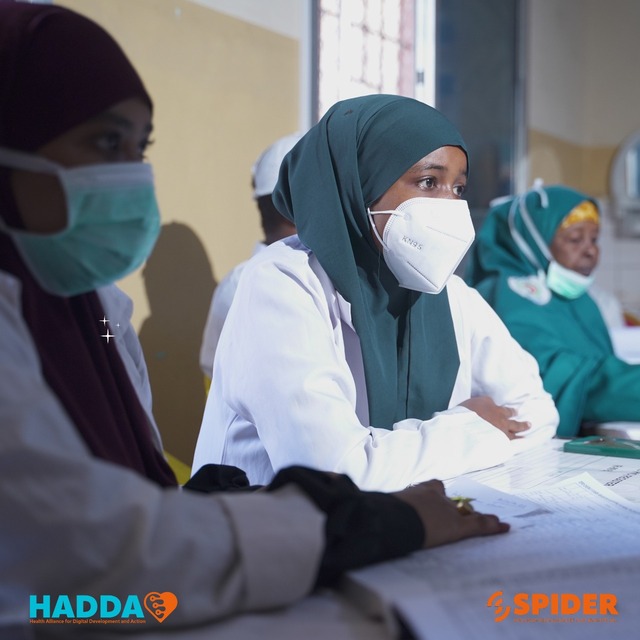
Partners
HADDA is a collaborative initiative that collaborates with international organisations, Somali-led institutions, and Swedish government agencies to strengthen health outcomes and promote sustainable development in Somalia. Through inclusive and coordinated partnerships—ranging from research collaborations to implementation efforts—HADDA supports a unified approach to digital health transformation rooted in national priorities.
We find and partner with organisations that implement and carry out research on the project, also providing digital health expertise and guidance, essential ongoing training and support to ensure the delivery of results. SPIDER connects international, regional and national partners and works in support of the Federal Ministry of Health.
Prof Caroline Wamala Larsson
(Director, SPIDER)
HADDA Milestones
Key Sustainable Development Goals (SDGs)
3.1 Reduce Maternal Mortality
By improving how maternal health data is collected, tracked, and used, HADDA supports better care during pregnancy and childbirth—helping reduce preventable maternal deaths.
3.2 End Preventable Child Deaths
Through digital health tools like RAAD EHR, HADDA strengthens child health services and monitoring, contributing to efforts to reduce infant and under-five mortality.
3.7 Universal Access to Reproductive Health
HADDA supports clinics in delivering essential reproductive, maternal, and child health services by improving access to reliable data and streamlined patient care.
17.9 Capacity-Building
HADDA strengthens national and local institutions by providing targeted support, training, and technical assistance—enhancing Somalia’s ability to lead, implement, and sustain digital health initiatives.
17.6 Knowledge Sharing and Cooperation
Through partnerships with international agencies, Somali-led organisations, diaspora professionals, and Swedish institutions, HADDA fosters international cooperation and promotes the exchange of knowledge, technology, and innovation.

Do you want to receive the latest updates about HADDA?

